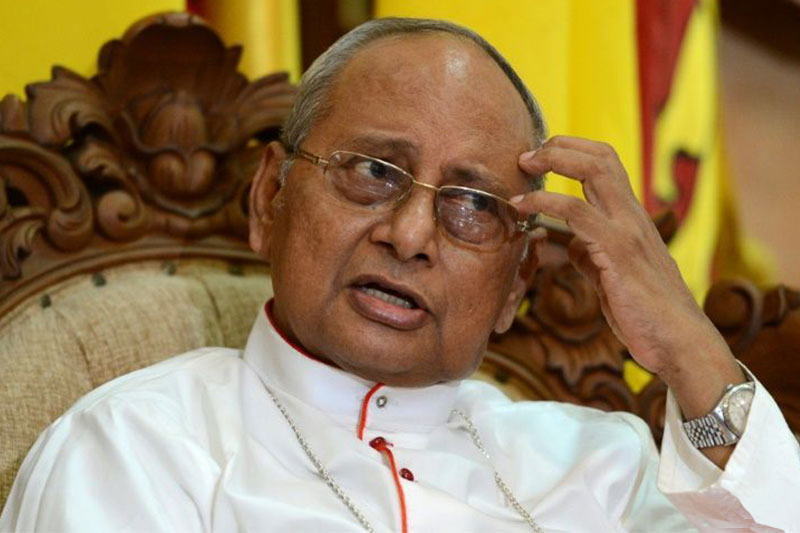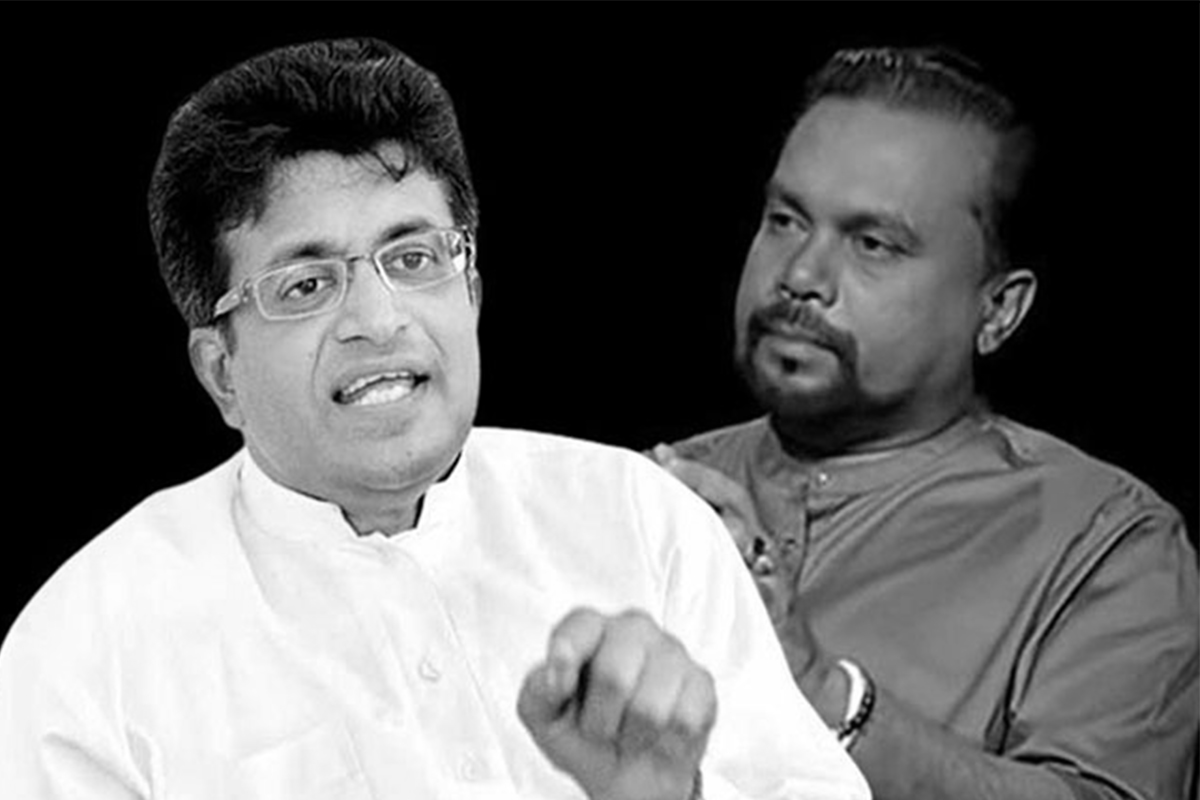Sri Lankan Monk Galagoda Atte Gnanasara Sentenced to Prison for Inciting Religious Hatred:

Galagodaatte Gnanasara, a hardline Buddhist monk closely aligned with the ousted former president Gotabaya Rajapaksa, has been sentenced to nine months in prison by the Colombo Magistrate’s Court for making derogatory remarks about Islam and inciting religious hatred. The conviction, which stems from remarks made during a 2016 media conference, marks another significant chapter in the monk’s long history of controversial actions and legal battles. This case underscores the broader tensions surrounding religious and ethnic identity in Sri Lanka, especially in the wake of the Rajapaksa regime’s fall.
The Conviction and its Implications
The sentence, handed down on Thursday, follows a high-profile case in which Gnanasara was accused of inciting violence and spreading hatred against the Muslim minority in Sri Lanka. In his 2016 remarks, the monk referred to Islam in derogatory terms and encouraged hostility towards Muslims. The court, however, was clear in its judgment that all citizens, regardless of their religion, are entitled to the freedom of belief under the country’s Constitution.
It is notable that Sri Lanka has historically been reluctant to convict Buddhist monks, a powerful force in the country’s political and social landscape. Gnanasara, who has faced numerous accusations of inciting anti-Muslim violence and hate speech over the years, is a controversial figure who has used his status as a monk to advance a nationalist agenda, often to the detriment of the country’s ethnic and religious minorities.
This conviction also comes at a time when Sri Lanka is struggling to reconcile the legacies of its former leaders and the lingering effects of the Rajapaksa family’s long rule. It reflects the broader tensions between religious extremism and the democratic framework that many Sri Lankans are now fighting to restore after the ouster of Gotabaya Rajapaksa in 2022, following mass protests over the country’s economic collapse.
A History of Controversy
Gnanasara’s legal troubles are far from new. In 2018, he was sentenced to six years in prison for contempt of court after he threatened and intimidated the wife of a missing political cartoonist. He was only imprisoned for nine months, however, after being granted a controversial pardon by then-President Maithripala Sirisena. More recently, Gnanasara has been implicated in fomenting anti-Muslim sentiment, which culminated in his involvement in the 2018 anti-Muslim riots that swept through Sri Lanka. His Sinhalese Buddhist nationalist group, Bodu Bala Sena (BBS), played a significant role in inciting the violence, which led to the deaths of several people and left hundreds more injured. He was arrested again in 2022, facing charges related to his hate speech against Muslims. Despite this, he was granted bail while appealing a four-year sentence.
The monk’s close ties to Gotabaya Rajapaksa, who was forced to flee the country amid widespread protests against his handling of the country’s economic crisis, have also raised concerns about the nexus between political power and religious extremism in Sri Lanka. During Rajapaksa’s presidency, Gnanasara was appointed to head a presidential task force aimed at promoting religious harmony, despite his notorious track record of stirring sectarian conflict.
The Aftermath of Rajapaksa and the New Era of Accountability
Gnanasara’s conviction and the legal scrutiny he faces represent a shift in Sri Lanka’s political landscape, as the nation tries to move away from the authoritarian practices that defined the Rajapaksa years. The post-Rajapaksa era has seen a greater focus on holding figures like Gnanasara accountable for their actions, particularly as Sri Lankans push for a more inclusive, democratic society where religious and ethnic tolerance is emphasized.
Despite this, Gnanasara remains defiant. Following the ruling, his legal team filed an appeal against the sentence, arguing that the decision was unjust. The court rejected a request for bail pending the appeal, ensuring that the monk will serve his sentence unless a higher court rules otherwise. His supporters argue that the monk’s remarks were part of a broader defense of Sri Lanka’s Buddhist identity, and they view the conviction as politically motivated. On the other hand, critics argue that Gnanasara’s hate speech and inflammatory rhetoric have only deepened divisions between Sri Lanka’s Sinhalese Buddhist majority and the Muslim minority, making it more difficult for the country to heal from its sectarian tensions.
A Divided Sri Lanka: The Role of Religion in Politics
Gnanasara’s legal troubles are emblematic of a wider issue facing Sri Lanka today: the role of religion in politics. The country’s majority Sinhalese Buddhist population has long wielded significant political power, but there is an increasing push for a more secular and pluralistic approach to governance.
The monk’s rise to prominence was in part due to the political space carved out for hardline Buddhist nationalism under the Rajapaksa administration. But with the ouster of Gotabaya Rajapaksa and the emergence of new leadership, there is a growing pushback against the intersection of religious extremism and political power.
Sri Lanka’s Muslim population, which has faced discrimination and violence in recent years, will be watching the legal proceedings closely. The country’s Muslim community has long called for justice and protection from hate crimes, particularly in the wake of the 2019 Easter Sunday bombings, which were carried out by Islamist militants but led to widespread suspicion and hostility towards Muslims in Sri Lanka.
The conviction of Galagodaatte Gnanasara may mark a turning point in Sri Lanka’s efforts to tackle religious extremism, but it also highlights the challenges the country faces as it navigates a post-Rajapaksa future. The path forward will likely require balancing the rights of all religious and ethnic groups while confronting the entrenched forces of hate and division.
While the conviction of Galagodaatte Gnanasara may be seen as a victory for religious tolerance and rule of law in Sri Lanka, the case is far from over. With an appeal pending, the outcome of this legal battle will be a key moment in the ongoing struggle to define Sri Lanka’s future identity. As the country continues to grapple with its post Rajapaksa era, it is clear that the question of how to manage religious and ethnic tensions will remain a central issue for Sri Lanka’s stability and democracy in the years to come.







